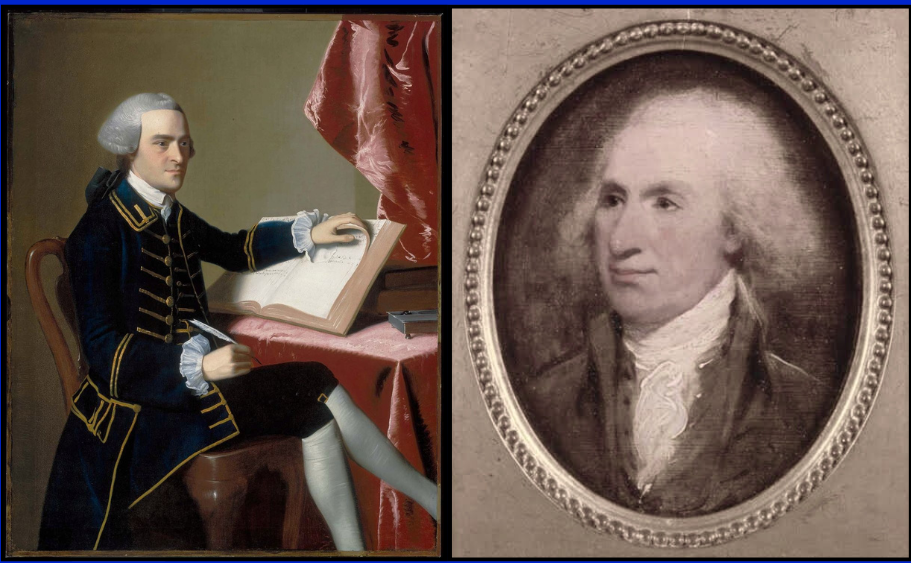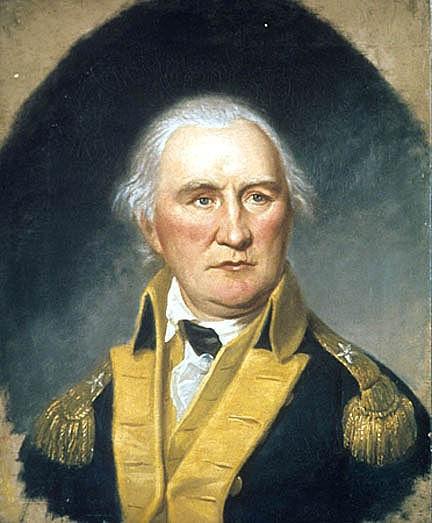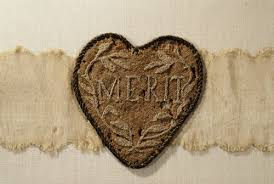On this day...
- katellashisadventure
- Jul 24
- 2 min read

In 1776, Congressional President John Hancock scolds Major General Philip Schuyler. In a letter, Hancock accuses the officer of tolerating discord among soldiers from different states under his command. Disappointed, Hancock told Schuyler that Congress was "concerned to find there should be a necessity of recommending harmony to the officers and troops of different States under your command" can show greater weakness or wickedness than to throw provincial reflections on one another, which must have direct tendency to impede public service, and weaken the union of the American States.
In 1779, a naval expeditionary force commissioned by the Massachusetts General Assembly departs Boothbay, Maine, headed for the Penobscot peninsula, where British forces had recently established a small fort and trading post. The attack, and subsequent three-week-long siege, would end disastrously for the Americans with one of the worst naval defeats in the country's history.
In 1847, Brigham Young and his fellow Mormons arrived in Salt Lake City, Utah.
In 1866, Tennessee became the first state to be readmitted to the Union after the Civil War.
In 1901, the author William Sydney Porter, known as O. Henry, was released from prison after serving a three-year sentence for embezzling from a bank in Austin.
In 1911, American history scholar Hiram Bingham gets his first look at the ruins of Machu Picchu, an ancient Inca settlement in Peru that is now one of the world’s top tourist destinations.
In 1915, the steamer Eastland overturns in the Chicago River, drowning between 800 and 850 of its passengers who were heading to a picnic. The disaster was caused by serious problems with the boat’s design, which were known but never remedied.
In 1923, The Treaty of Lausanne, the final treaty concluding World War I, was signed at Lausanne, Switzerland.
In 1933, Keystone Camp, a girls’ camp in Brevard, North Carolina, begins its first "Christmas in July" celebration. The tradition will spread throughout the US, although sometimes observed on different days.
In 1937, The state of Alabama dropped charges against five black men accused of raping two white women in the Scottsboro case.
In 1945, through an interpreter, President Harry S. Truman hints to Soviet Premier Joseph Stalin that the United States has successfully developed a new weapon.
In 1959, Soviet Premier Nikita Khrushchev and U.S. Vice President Richard M. Nixon engaged in the “kitchen debate” at an American exhibition in Moscow.
In 1969, Apollo 11 returns safely to the United States.
In 1974, The U.S. Supreme Court ruled that President Richard M. Nixon had to provide transcripts of Watergate tapes to special prosecutor Leon Jaworski.
In 2002, The U.S. House expelled Rep. James Traficant, D-Ohio, who had been convicted of bribery, racketeering and tax evasion.
In 2005, American cyclist Lance Armstrong became the first rider to win the Tour de France seven times; however, he was later stripped of all his titles after an investigation revealed that he was the key figure in a wide-ranging doping conspiracy while he compiled his Tour victories.
In 2023, Elon Musk rebranded the social media site Twitter as X after merging Twitter with his company X Holdings.









Comentarios